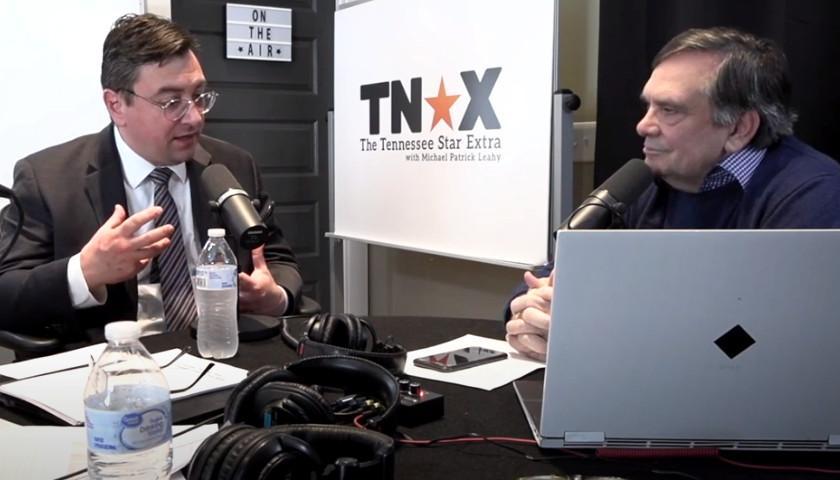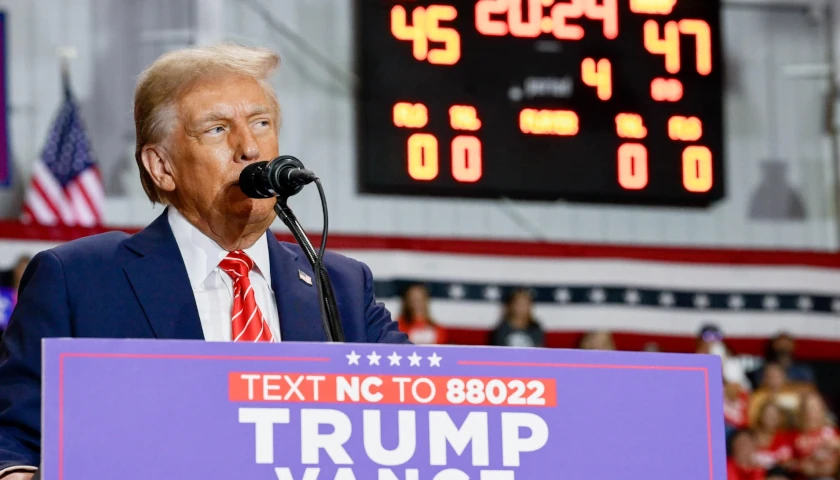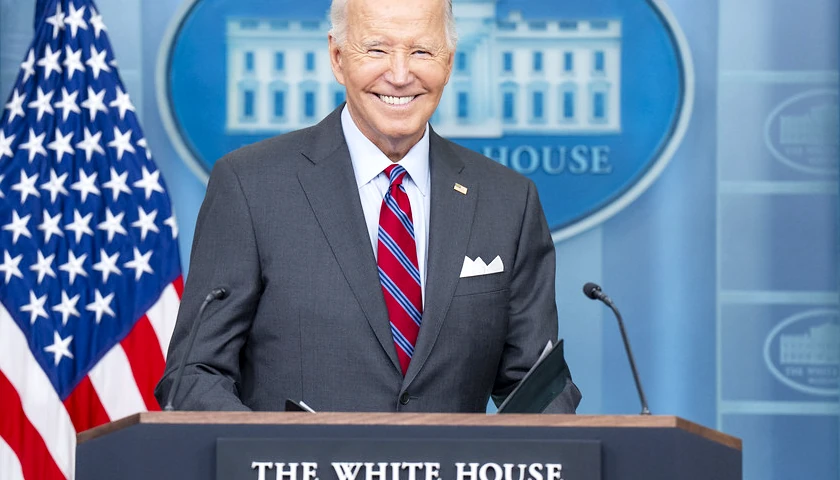Tennessee Attorney General Jonathan Skrmetti called Friday’s preliminary injunction ruling a “big win” for his and Virginia Attorney General Jason Miyares’ lawsuit against the National Collegiate Athletic Association’s (NCAA) illegal name, image, and likeness (NIL)-recruitment ban.
On Friday, the Eastern District Court of Tennessee granted Skrmetti and Miyares’ preliminary injunction request in their lawsuit against the NCAA, barring the collegiate organization from enforcing its NIL-recruitment ban until the case is decided.
“This is a big win,” Skrmetti said on Monday’s edition of The Tennessee Star Report with Michael Patrick Leahy. “So this case involves student athletes’ rights to get paid. For a long time, the NCAA has really fettered [athletes’] ability to monetize their name, image and likeness rights in an illegal fashion. You’ve got a monopoly that is keeping kids, often poor kids, from maximizing their ability to get compensated and that’s against the law. It’s not right.”
Noting how roughly only 14 percent of cases that are handed preliminary injunctions wins end up being lost in the end, Skrmetti said the judge in his case against the NCAA said he and Miyares are “likely to win in the long run.”
“In the meantime, college students and prospective college students are protected and they can go and negotiate and find what the market rate is without having to worry about this arbitrary oppression from an organization that’s really behaved badly over the years,” Skrmetti said.
“We need to give these kids a clear runway,” Skrmetti added. “The biggest problem I have is the enforcement of the rules. It’s arbitrary, the process is very opaque, and where NIL is concerned, the rules are opaque. Nobody knows what rules they were supposed to be following. They’re not even really rules, they’re guidance issued on top of rules that were passed years ago, and in that kind of environment, severe sanctions just are not appropriate.”
Skrmetti went on to explain the importance of protecting college athletes from the NCAA’s “concentrated power,” noting how the collegiate organization’s size and influence often leaves individuals “ill-equipped to push back.”
“The problem, whether you’re talking about a big organization, a big company, or big government, is the concentration of power in a way that leaves people ill-equipped to push back. That’s why we fight the administrative state all the time because you have this illegitimate concentration of power that’s hurting people. That’s why we go after Google, why we go after BlackRock. The NCAA is no different and the same principle that animates all that other litigation is at play here,” Skrmetti said.
“We need to protect people from the abuse of concentrated power,” Skrmetti added.
Watch the full interview:
– – –
Kaitlin Housler is a reporter at The Tennessee Star and The Star News Network. Follow Kaitlin on X / Twitter.




